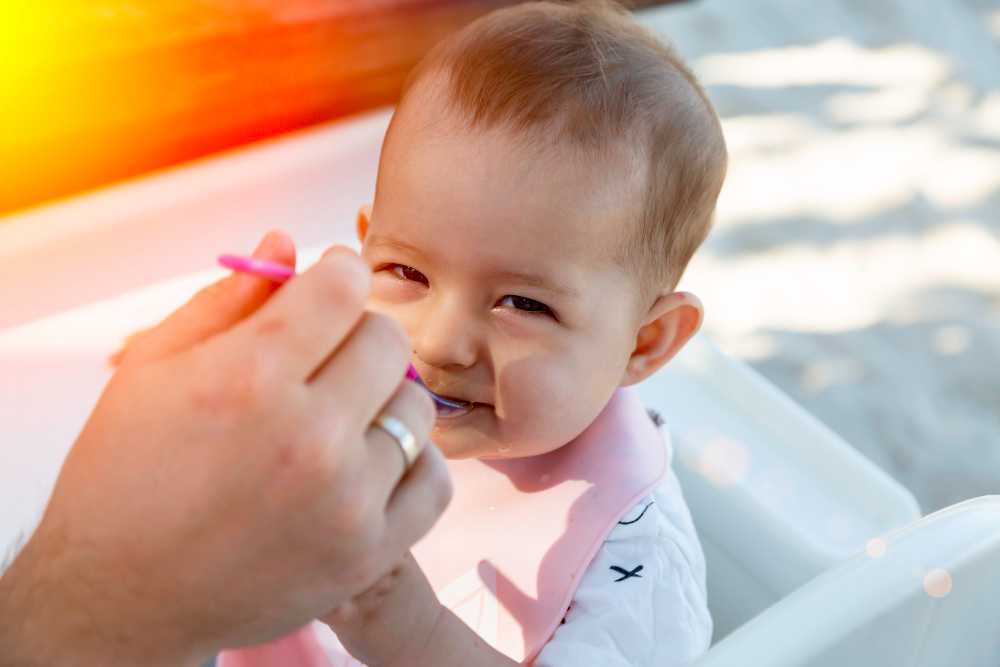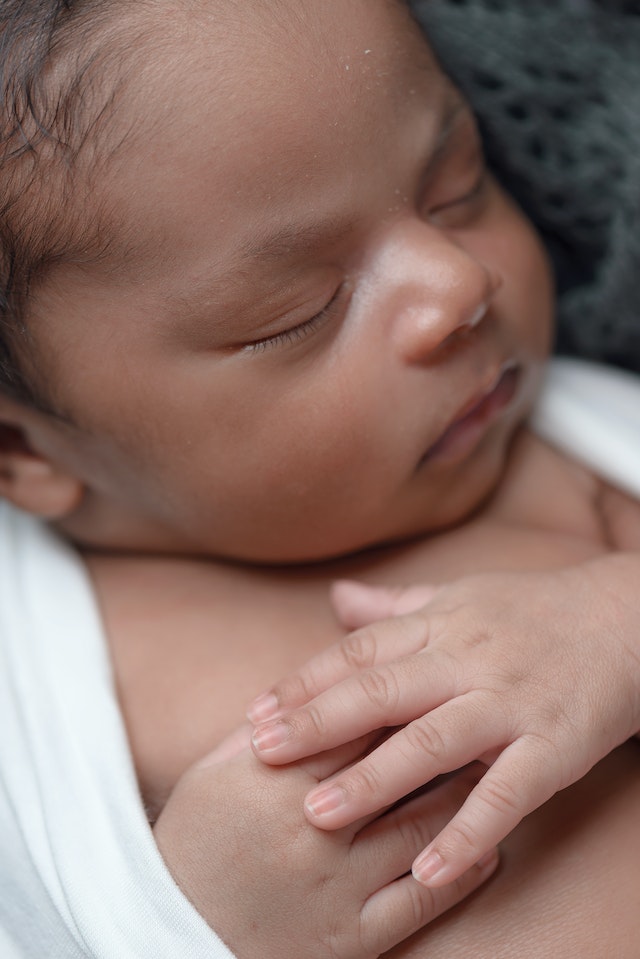When you’re the mother of a cranky baby, you’ve probably gotten a lot of advice from others on how to calm and soothe your child. For example, friends and family members may suggest strolling your baby around, taking a long drive late at night, removing particular items from the diet, and giving your infant gripe water if your child has colic.
Gripe water
Gripe water is a popular over-the-counter fluid supplement offered to fussy or colicky babies all around the world. In fact, according to one study, the majority of newborns in India are provided gripe water by their parents or caretakers during their first six months of life.
Depending on the product, gripe water often includes sodium bicarbonate and a blend of herbs such as fennel, ginger, dill, chamomile, lemon, and peppermint. Gripe water may be found in most grocery stores and is delivered via drops from the dropper that comes with it.
Grip water and over-the-counter gas drops are sometimes confused, but they are two completely different items. Gas drops include simethicone, an anti-foaming ingredient that breaks up gas bubbles in the digestive system and allows newborns to pass gas. Likewise, gripe water is a concoction of chemicals intended to calm irritable stomachs.
Usage of gripe water
Gripe water is most commonly administered to babies in their first year of life when they are most likely to have symptoms of colic, excessive crying, or general fussiness. In most cases, a caregiver or parent gives gripe water to a newborn because they feel it will help with colic. However, no research has been done on the effects of gripe water on colic.
Parents may hear anecdotal evidence that gripe water assists with teething pain, gassiness, and fussiness from a friend or family member. Some parents have even claimed grip water to be effective in relaxing babies and allowing them to sleep through the night. If you’re thinking about giving your child gripe water, make sure to consult with their pediatrician first.
Is it safe to use gripe water?
When feeding your infant gripe water, you must always consult with your child’s pediatrician first. This is because several variables make gripe water a potentially dangerous decision.
Ingredients
It’s difficult to make generalizations against all gripe fluids because the components in gripe water might differ. However, no single study has found that gripe water is detrimental to babies. There are, however, some elements in gripe water that should be avoided.
Because gripe water is a supplement rather than a drug, it is not controlled by the Food and Drug Administration. As a result, it may include chemicals that are harmful to infants. One brand of gripe water was banned in 2019 due to a potentially hazardous ingredient.
Furthermore, while most companies advertise to be alcohol-free, not all types of gripe water are. According to one study, Some gripe water sold in India contains alcohol. Additionally, gripe water with sodium bicarbonate might cause alkalosis and milk-alkali syndrome if taken in high amounts regularly.
- Nutrition
One of the most serious problems with gripe water is just what it effectively removes from newborns rather than what it gives them. More specifically, if you give your kid a lot of gripe water during the day or night, they may become too satiated on gripe water alone.
If this occurs frequently, your child may experience issues such as stunted or slowed growth or insufficient weight gain. It may also interact with digestive system microorganisms that play a role in digesting and overall health. In addition, our bodies benefit from good bacteria, particularly in babies whose immune systems are still growing.
While it may not be as severe in very healthy infants, the use of gripe water regularly in low-income families is a significant worry. According to one study, gripe water is commonly used in underdeveloped nations, where mothers may not be adequately nourished to produce enough breast milk levels or may not be able to buy enough formula for their infants.
Because gripe water is utilized as a non-nutritive addition to feeding, it can be harmful because it is being used to substitute necessary supplementation for babies. Finally, administering gripe water to a baby immediately away may interfere with the child’s ability to nurse and reduce the mother’s own breast milk supply.
Alternatives to gripe water
It’s ideal for working with a pediatrician or doctor to find a solution if your infant is highly irritable, has digestive difficulties, or you believe has colic. There may be an underlying medical ailment that can be treated, such as acidic reflux or food sensitivity.
If your pediatrician has cleared out these medical conditions, but your baby is still highly irritable or colicky, you can try some alternative options before turning to gripe water. Here are a few suggestions to help your infant relax:
- Swaddle your infant to make them feel safe and comfortable.
- If you’re a breastfeeding mother, avoid typical irritants such as caffeine, spicy foods, and dairy.
- Ask your paediatrician for ideas on a softer or allergen-free formula, or try a new bottle if you’re formula feeding.
- When your baby is fussy, wear them in a sling around the home.
- To help move gas, gently circularly rub your child’s tummy.
- Apply gentle pressure on your baby’s tummy during the day, or boost their tummy playtime.
- Cycle your baby’s legs to observe whether the movement aids in the movement of gas.
- If your baby is fussy, try walking or dancing with them to see if it helps.
![]()











